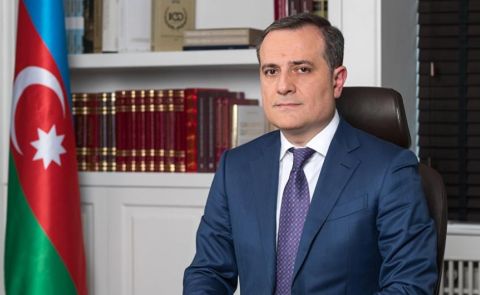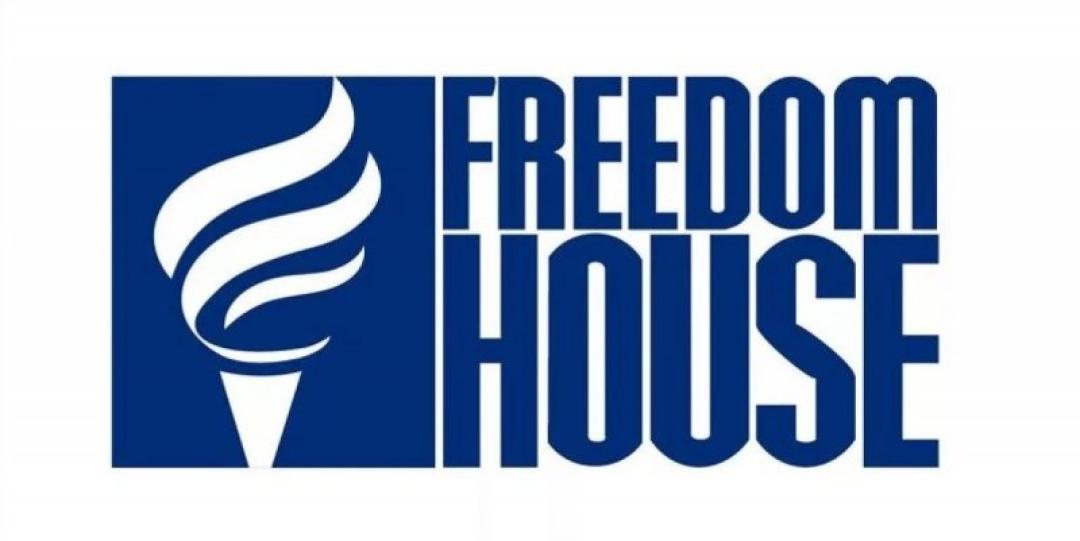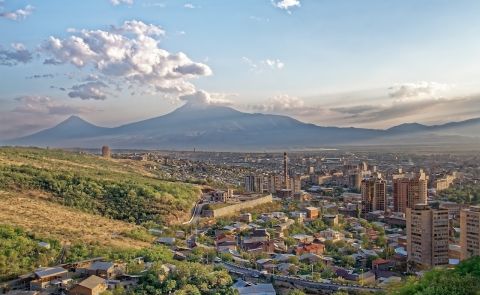
Freedom House: Democratic Gains in Armenia Offset by Political Interference and Regional Turmoil

In its latest Nations in Transit report, Freedom House classified Armenia as “Partly Free” for another year, awarding it a democracy score of 54 out of 100. The annual report highlights Armenia's ongoing struggle to institutionalize reforms following its 2018 democratic transition and the mounting pressures it faces from domestic and regional developments.
The report notes Armenia’s ongoing transformation since the 2018 Revolution, which ousted a deeply entrenched political elite and ushered in new efforts to tackle corruption, judicial gaps, and opaque governance. However, progress has been uneven, with democratic institutions facing serious setbacks.
A major theme of this year’s report is the destabilizing impact of Azerbaijan’s military advances. In September 2023, nearly the entire ethnic Armenian population of Nagorno-Karabakh fled to Armenia after Azerbaijan seized control of the region. This humanitarian crisis has deepened internal tensions and tested the resilience of Armenia's political system.
In April 2024, the Armenian government agreed to cede four border territories to Azerbaijan as part of an ongoing delimitation process. This sparked significant domestic backlash, culminating in anti-government protests and violent clashes with law enforcement in June that left around 100 injured and a similar number arrested.
Despite rhetorical commitments to reform, Armenia made little headway in judicial and anticorruption efforts. High-level corruption prosecutions remain rare, and law enforcement bodies were slow to respond to credible media investigations into officials' undeclared assets.
Resignations by six senior officials, including the head of the Supreme Judicial Council (SJC) in late 2024, raised new alarms over the erosion of judicial independence. Critics claim these departures, reportedly requested by Armenian PM Pashinyan, signal undue political interference in the judiciary. Meanwhile, key institutions like the Anticorruption Committee and the Corruption Prevention Commission have faced leadership gaps and procedural irregularities. Transparency remains weak in public procurement and asset-declaration enforcement, while court cases to recover illegally obtained assets continue at a slow pace.
Elections have become more competitive since 2018, and opposition parties have achieved gains. However, procedural issues and politically motivated prosecutions continue to hinder opposition activity. While vote buying and other electoral violations have declined, watchdogs noted instances of political parties offering services and goods to voters during recent campaigns.
Freedom of expression remains a relative strength. Armenia maintains a vibrant online media landscape with active investigative journalism. However, most television and print outlets are linked to political or commercial interests. Journalists frequently face government obstruction when seeking information, and watchdogs have reported a growing pattern of delayed or incomplete official responses, discrimination among media outlets, and a decline in government transparency.
In the geopolitical realm, Armenia has begun distancing itself from Russia, which is traditionally its main security partner. In early 2024, the government froze its membership in the Collective Security Treaty Organization (CSTO) and began withdrawing Russian border guards from sensitive locations, including Yerevan's airport and the borders with Iran and Azerbaijan. These moves mark a significant shift in Armenia's geopolitical orientation as it seeks deeper ties with the West and the European Union amid security and diplomatic isolation in the region.
Freedom House concludes that while Armenia continues to benefit from a relatively open political environment and competitive elections, major challenges remain in consolidating democracy. Political interference and systemic inertia persistently undermine judicial independence, anticorruption enforcement, and government transparency. At the same time, Armenia's shifting geopolitical stance and unresolved conflicts with Azerbaijan continue to shape the fragile trajectory of its democratic development.
See Also


Nordic-Baltic Delegation Meets Armenian Leaders to Discuss Regional Cooperation and Peace

Azerbaijan Strengthens Energy Partnerships with Multiple Countries

BP Strengthens Presence in Azerbaijan’s Offshore Energy Sector

Netanyahu’s Letter to Aliyev: Mutual Trust, Solidarity Following Hamas Attacks, Facilitating Dialogue Between Israel and Türkiye

